Saturday, July 17, 2010
 1:48 AM |
Eating Pink Halo-Halo
1:48 AM |
Eating Pink Halo-Halo
Looking back, sitting there outside Dencio’s in Harbor Square, a stone’s throw away from the Cultural Center of the Philippines, it felt good to be just a mere spectator for once. Because last year, in the Cinemalaya, I was part of its Film Congress as a representative of the filmmaking scene in Dumaguete—and it was the usual part work, part pleasure things. But this year, it was all pure pleasure, pure moviegoing relaxation.
I was, to cite an example, relaxing, taking the night in, and drinking San Mig Lite outside Dencio's with the screenwriter Armando Lao.
Earlier that weekend, I had planed in from Dumaguete just for the Cinemalaya and to process my U.S. visa for my fellowship in the International Writers Program in Iowa. It was the start of a good weekend, and the film festival—the most acclaimed of its kind this part of the Philippines—had just began. People I know from film were suddenly everywhere. I’ve always loved this kind of Manila trips that I take; they are always occasions for instant reunions. People you only see in Facebook are suddenly there in front of you, in the flesh. And the hugs and the handshakes are constant, they fly everywhere.
That Saturday, I had gone to the launch of three books being put out by newbie publisher Gilbert Sape of Grey Matter Publishing—two of them by good friends of mine, people I “hang” out with in the blogging world. There’s
Dear Migs: Letters to the Manila Gay Guy by “Migs” and edited by
Philippine Daily Inquirer theater critic Gibbs Cadiz, and then there’s
The Wet Book: Stories From the Bathhouse by Joel Macaventa, alias McVie, and edited by the film producer and writer Raymond Lee. The launch was in Quezon City—and the place, which was the studio of the photographer Ian Felix Alquiros, was packed. I met old friends and new—the writers J. Neil Garcia, Moki Villegas, and Ronald Baytan, the visual artist Daniel Palma Tayoma, the director Jade Castro of
Endo fame, the TV broadcasters RG Cruz and Ryan Edward Chua, among many others. Hugs, handshakes. I saw Carlo Vergara, the genius behind
ZsaZsa Zaturnnah—and we both exclaimed with such delight: “Finally!” Another round of hugs.
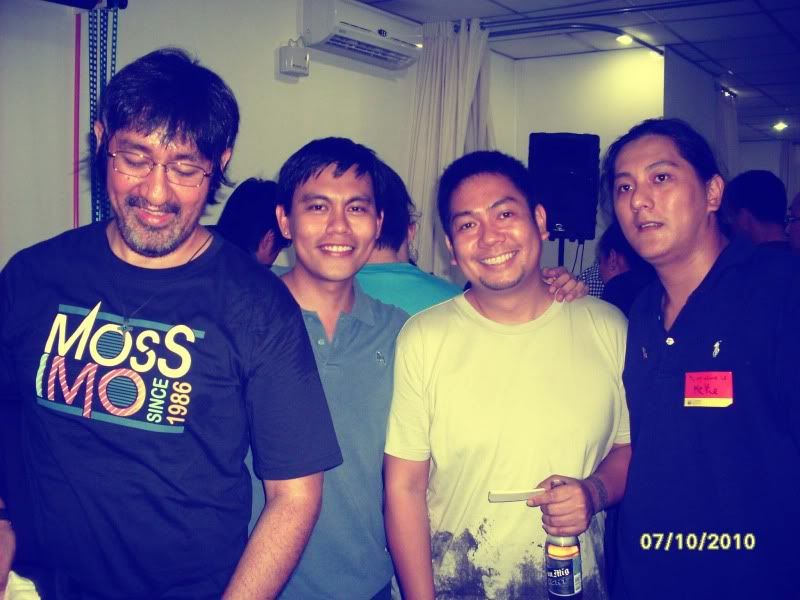
Then it was back to Manila, to the lovely Syquia Building near Malate, where I dined on varieties of cheese and wine and cold cuts in the beautiful apartment of the director Butch Perez.
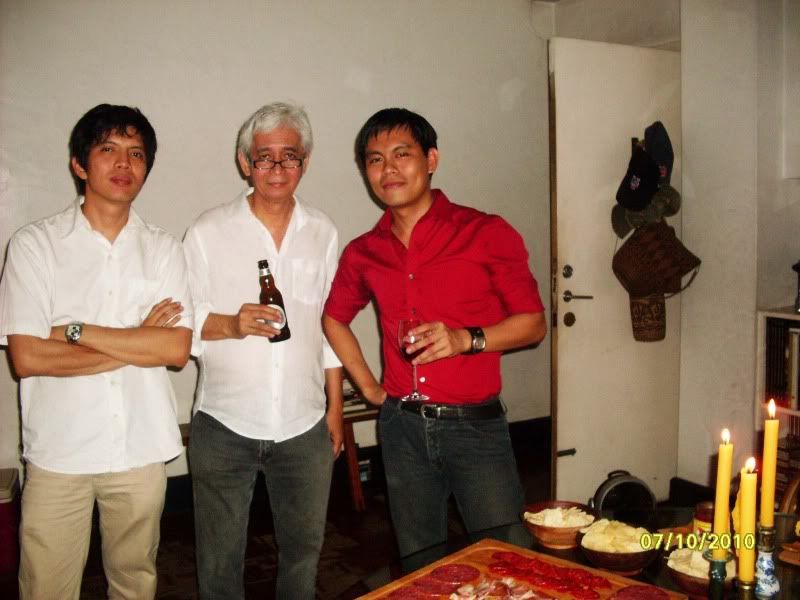
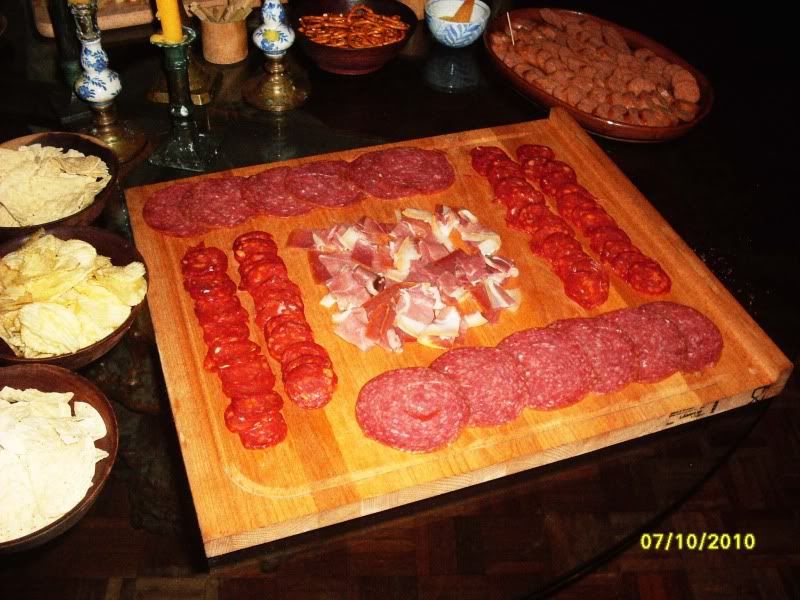
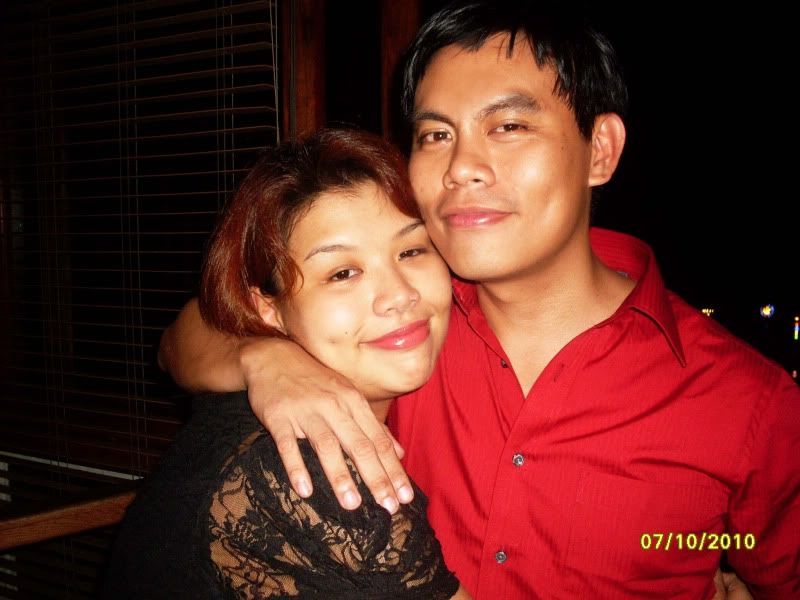
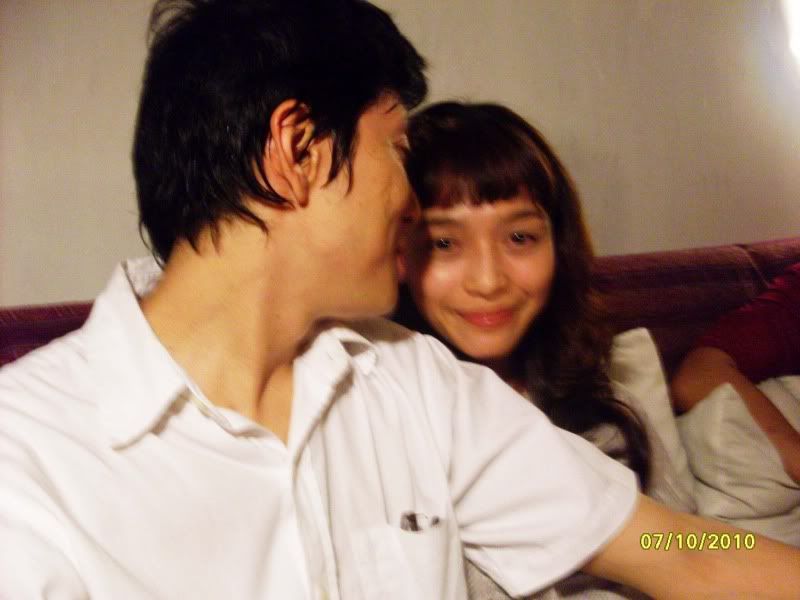
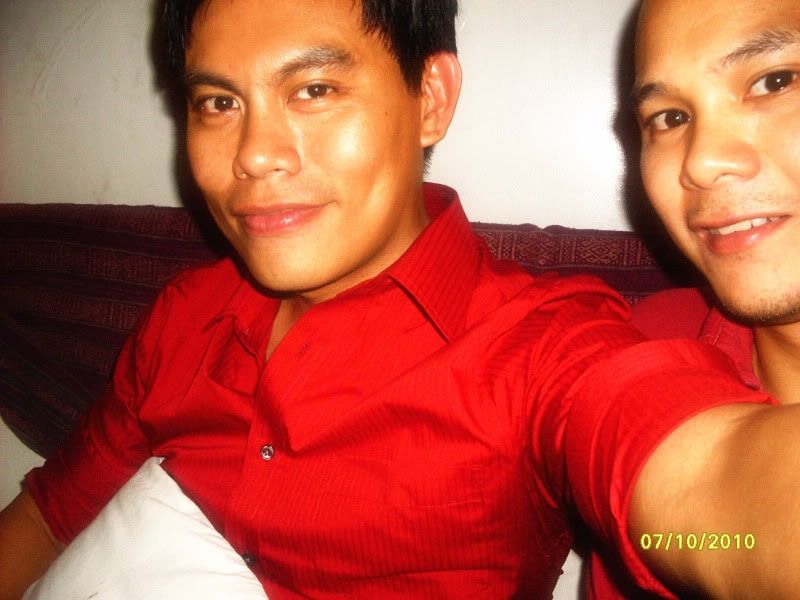
Butch had a great view of the Manila Bay, and he entertained us—the writers Ginny Mata, Kit Kwe, Marc Escalona Gaba, and Kris Lacaba—to the disco beat of David Byrne and Fatboy Slim’s Imelda musical
Here Lies Love. We talked about Iowa winters and Negrense Chinese matriarchs with recipes and the lives and loves of people we know. The usual stuff.
On Sunday, there was the late night beer with Bing Lao. “You are a god,” I had told Bing earlier—a compliment he must get a lot. This is the screenplay writer, after all, of all those acclaimed movies, from Jeffrey Jeturian’s
Pila Balde and
Sana Pag-ibig Na and
Kubrador to Brillante Mendoza’s
Serbis and
Kinatay, those controversial Cannes Film Festival winners that has brought to the world a concept of film writing that is gaining traction the way the Danish had with its Dogme 95. In Bing’s case, it is the Found Story concept that is central to the style of such emerging filmmakers as Francis X. Pasion, Jay Altarejos, Jeturian, and Mendoza, among others.
He had been going around the CCP complex among the throng that constituted the devotees of the Cinemalaya Film Festival, filming Mark Xander Fabillar (who has a supporting turn in
Pink Halo-Halo) and Jay Altarejos as they went about their way welcoming people to the gala premiere of Jay’s latest film. It was going to be a kind of pseudo-documentary, and I was in the middle of the shoot. Later, after the premiere, the beer came, and the talk and banter.
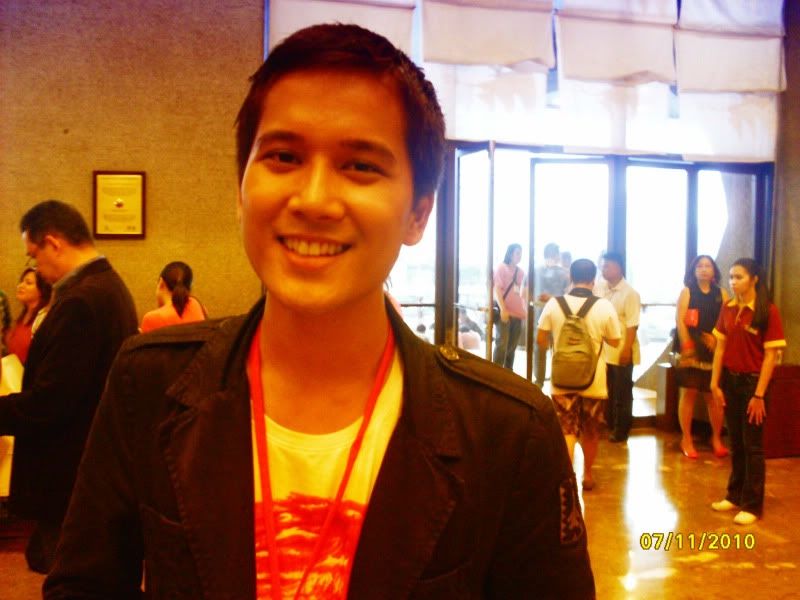
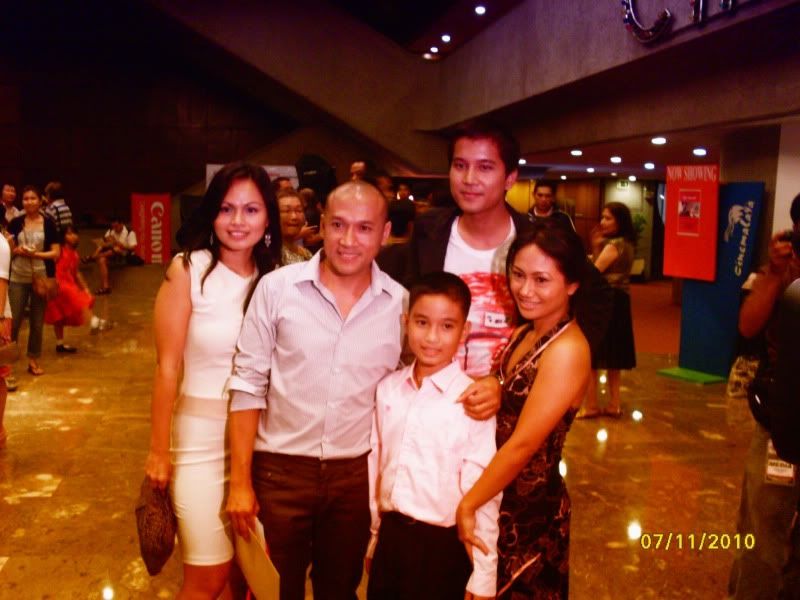
People came and went. Joel Torre passed by. Raymond Lee stopped by, and I told him, “When are you going to finish
Patayin sa Shokot si Remington? I can’t wait to see it
na.” He laughed and did a short curtsy. That was it. The director Raya Martin also passed by, sporting a new look of cropped hair. “When did you come back?” I asked him, “I thought you were holed up somewhere in Paris or wherever.” We hugged, and he said, “I’m just here, just lying low.” I laughed.
The female lead of
Halo-Halo, the wonderful Angeli Bayani, soon joined us—and it was the start of the marathon to a long, beautiful night where everybody pitched in to share “talk” and industry tidbits, all told in gestures and enunciations of grand drama. You know, theater and film people.
I called her the new Meryl Streep. She blushed. She was transcendent in
Pink Halo-Halo, a film of such beautiful simplicity that I turned to Jay, who was sitting beside me in the Tanghalang Nicanor Abelardo, and said, “I hate you.
Pinaiyak mo ako.” And I thought of that, and was bemused by how far Jay had come—from the titillations of
Ang Lalake sa Parola and
Ang Lihim ni Antonio to the grit of
Ang Laro sa Buhay ni Juan to the heart of
Pink Halo-Halo. Because sometimes it’s hard when you find yourself put in a box by other people—and not allowed to be anything more. “
Hindi ka na bold gay films!” the magnificent Ed de los Santos Cabagnot had told him earlier, and broke into boisterous laughter.
We all laughed, too.
And that was it that weekend. Those nights. With Manila friends.
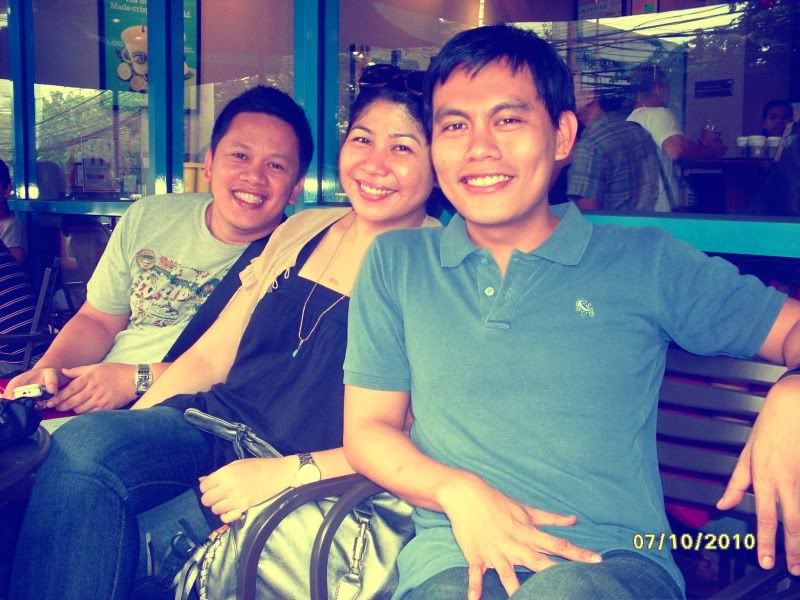
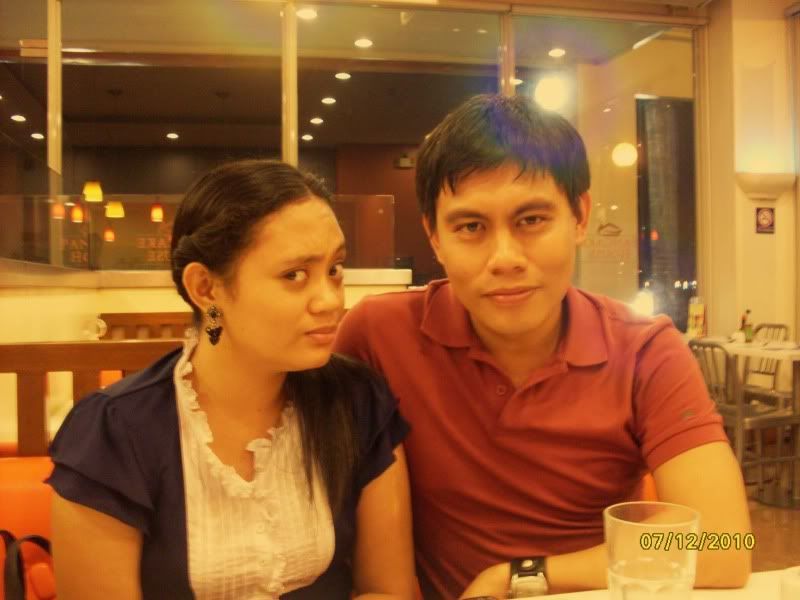
And then, two days later, I escaped Typhoon Basyang by minutes, and planed all the way back to my Negros town, where everything is quieter. Quiet, yes—but it has also become a reservoir of so much missing other people not here.
Labels: books, directors, film, friends, life, party, queer, travel, writers
[5] This is Where You Bite the Sandwich
GO TO OLDER POSTS
GO TO NEWER POSTS

















 1:48 AM |
Eating Pink Halo-Halo
1:48 AM |
Eating Pink Halo-Halo









